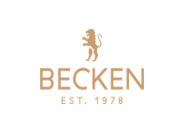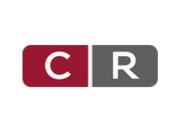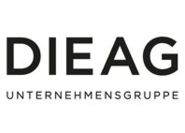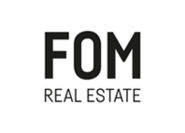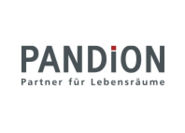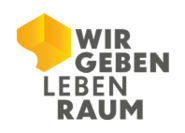"4 of the big 7 as target locations"
Asian and French Investors very active in Germany
Bernd Mayer, Managing Director, Head of Real Estate, BayernLB on the outlook of the German real estate market. Trends in the industry, the lending landscape and the significance of immigration for German Real Estate. Bernd is attending Deutsche GRI and co-chairing the discussing on Senior Debt.
German Real Estate still seems a treat for foreign buyers, especially in the big 7, whereas German investors venture out. Where do you see potential in the next 12 months? Overall Asian investors still are in the process of shifting their focus from UK/France to Germany. Not all investors that are active in the UK are looking at Germany yet. Asian investors will continue to buy in Germany, but migrate towards slightly smaller lot-sizes. Whereas they were targeting 300 mio.+ properties in the past, more will be willing to lower size to 150 mio.+
Target locations will 4 of the big 7 – Frankfurt, Berlin, Munich, Hamburg.
We will see a greater differentiation of investors, i.e. some Asian investors will keep consistent with past behaviour and target trophy assets, while others will now consciously look for opportunities with some value add.
The expected Chinese Investor Wave will be delayed due to the current discussions in China. However, this delay will from our point of view not change the overall trend.
How significant are the issues associated with the high level of immigration we have seen last year?
From our point of view current capacities for first registration and initial housing for refugees are not sufficient. The sheer number will be reflected in issues for the social housing sector in 1-2 years, when refugees that have an accepted refugee status (at least some portion of the current number ) will have certain rights for more permanent residency and in connection with that for social accommodation. This will need to be provided by the local councils. In the medium term the number of refugees will have an overall effect on the economy and implicitly therefore also on other asset classes (increase in demand for retail etc.)
Asian investors are closely looking at the development, but are still waiting for a clearer picture to emerge. They are thinking less in terms of micro-impact on the properties or asset classes. For them the political and thereby economic stability (macro) is most important. If no stabilizing trend is visible within 6 months they will factor it more into their investment decisions.
We have become used to a low interest rate environment, benefitting investors. Are lenders prudent enough to prevent a bubble? Is the lending landscape in a healthy state?
There is immense competition in the lending market. Although banks try to secure their own niches, there is a need to keep up with markets and new, less regulated lending entities. Therefore, lenders alone will probably not be able to prevent markets from heating up.
There is the lack of core products compared to non-core. Is more “new” development needed and where? How much risk do Investors accept?
There is a trend to buy “to be completed” buildings well before completion (and fully leased-up) even though pricing factors based on the lease potential are not yet proven. This portion of risk is for example accepted even by institutional investors.
Where do you see opportunities and what are you specifically looking for?
The Number of new potential international investors has increased. It’s not only Asian investors that are “new” in the market, but 2015 French investors became very active in Germany. We expect that new transaction managers will emerge so serve such clients. For banks it will be a challenge but also opportunity to identify the new parties involved at an early stage for growth in business.
You have been part of GRI many times. What’s in it for you?
I have attended the German GRI in Frankfurt more than 8 times in the past. Such a high profile event is the ideal place for networking on a nationwide level.
Deutsche GRI 2016
Die Nutzungsrechte wurden The Property Post zur Verfügung gestellt von Global Real Estate Institute
Erstveröffentlichung: Deutsche GRI, Februar 2016








